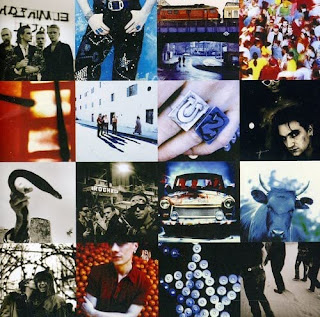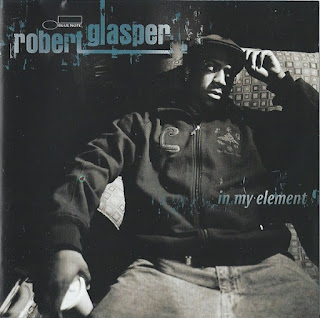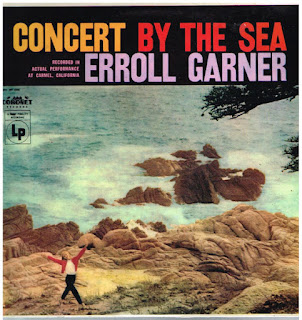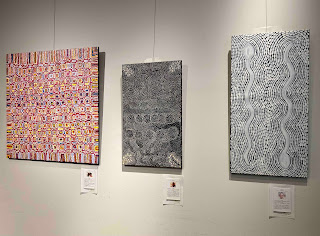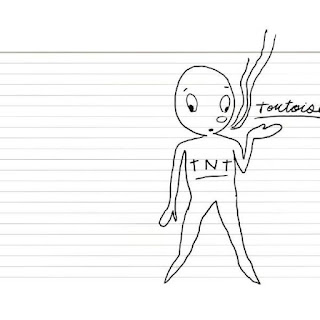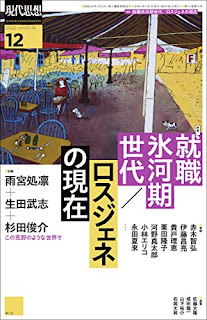癌 単細胞生物 多細胞生物 細胞生存戦略 The Cancer Code (5)

( 某日。 承前。 Jason Fung, The Cancer Code (Harper Wave, 2020) を読む。「 癌 単細胞生物 多細胞生物 細胞生存戦略 The Cancer Code (4) 」の続き。 証拠、続き。 個々の競争と生存という機能を高める単細胞生物の遺伝子は、まさに多細胞生物内で癌を引き起こす遺伝子である。 “Unicellular genes that enhance competition and survival are precisely those genes that cause cancer in multicellular organisms ” (p. 251; emphasis in original). 癌において最も顕著にかつ一貫して正常な機能が破壊されている遺伝子は、単細胞生物から多細胞生物への移行期を示す遺伝子、多細胞生物に必須の多細胞間での協働向上の原因となる遺伝子、である。癌変異の数のピークは、単細胞性と多細胞性の交わるところにある。 “The genes representing the transition from unicellular to multicellular life… were the most consistently and noticeably disrupted in cancer. These were the precise genes responsible for enhancing intercellular cooperation” (p. 169). “The number of cancer mutations peaks exactly at the intersection of unicellularity and multicellularity” (p. 169). もはや協働することの生存利益がないのであれば、これらの遺伝子は機能しないように破壊される、もしくは癌化した細胞の生存に有利なように変異するのだろう。 上の見方を支持するため様々なデータと参考文献が提示されている。 「 The Cancer Code (6) 」に続く。 Paul Bley, Open, To Love などを聴く。 6:00 起床。 NY市場終値をチェック。 グラス...
